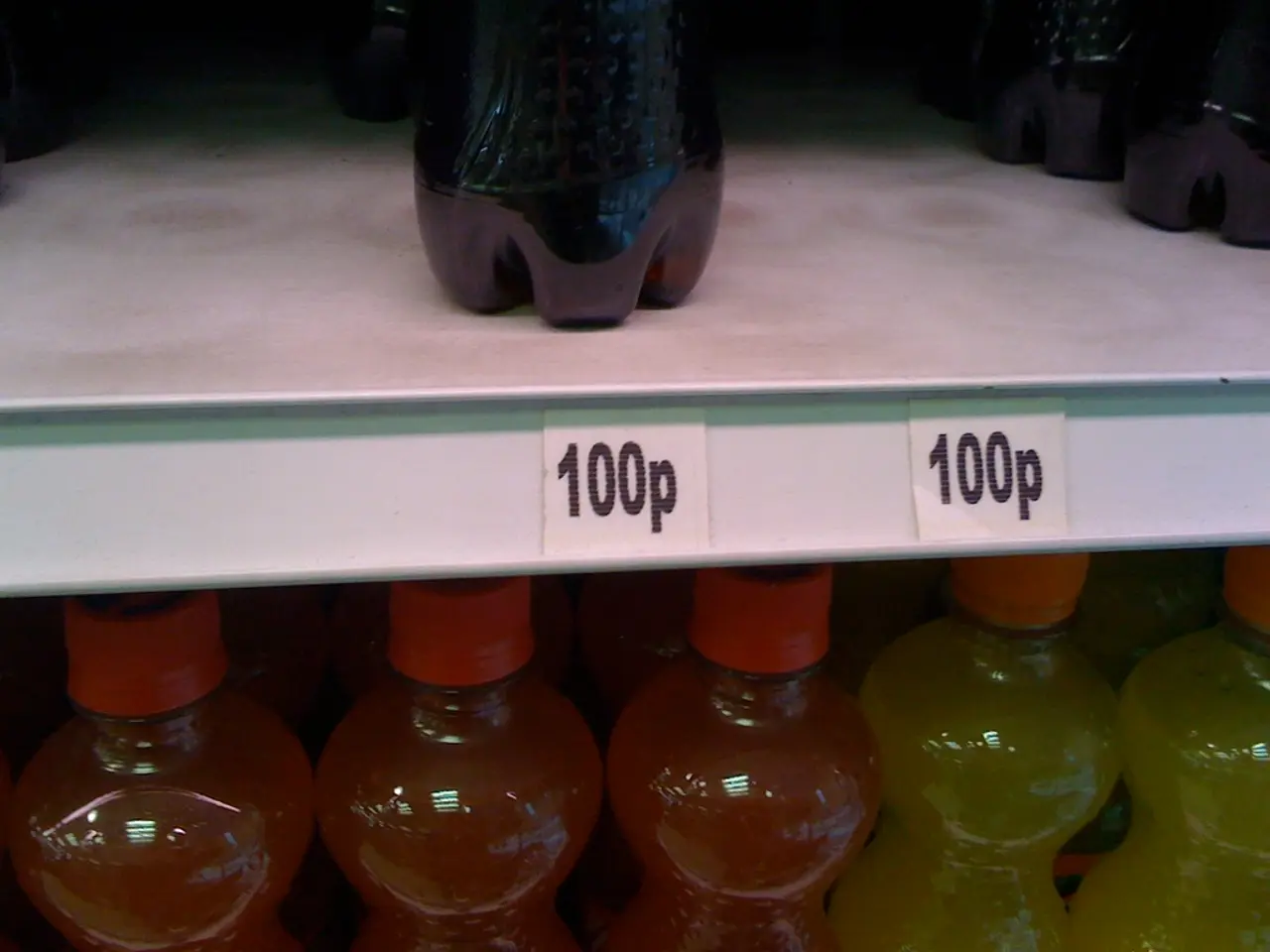Alcohol prices are set to escalate in Omsk
In Russia, a significant shift in alcohol retail sales regulations is set to take effect from September 2, 2023. These changes are likely to have an impact on liquor prices for consumers due to stricter licensing requirements and increased operational complexities for sellers.
Previously, liquor vendors in Russia paid a single state fee under the old "general" license. However, the new regulations will replace this with separate fees for each trading point or catering establishment where alcohol is sold. This change applies to all retail and catering facilities, without any exceptions or exemptions, and will result in additional costs being passed on to consumers.
The cost for a city store in Russia will be the same as the old "general" license, amounting to 65,000 rubles annually. On the other hand, trading points in rural settlements will pay a lower fee of 20,000 rubles per object per year.
The postponement of license issuance until April 1, 2027, may restrict the entry of new producers and suppliers, potentially reducing competition and keeping prices higher. Additionally, the transition to mandatory electronic documentation for alcohol circulation, scheduled until March 1, 2026, could increase operational costs and potentially lead to price hikes.
While specific fees for each trading point or catering establishment have not been disclosed, these regulatory changes reflect a tighter control framework that generally constrains market flexibility. Given these factors, an upward pressure on liquor prices in Russia is a plausible consequence.
It is important to note that there is no direct evidence yet of immediate price hikes, but consumers should expect higher prices or reduced availability as a result of these regulatory impacts on supply and retail operations. These trends align with increased control over alcohol products observed in other contexts, which tend to elevate costs.
For owners of multiple points and large networks, the new rules will be costly, potentially disproportionately affecting them more than individual store owners. Conversely, store owners in rural settlements may find the new fees more manageable due to their lower cost.
In conclusion, the recent changes in Russia's alcohol retail sales regulations are likely to result in increased costs for sellers, which may be passed on to consumers. Consumers should be prepared for potential price hikes or reduced availability in the coming months.
The revised finance system for alcohol retail sales in Russia, with separate fees for each trading point or catering establishment, could lead to increased operational costs for business owners. These costs may cause prices for consumers to rise or availability to decrease in the near future.
The new regulations, requiring mandatory electronic documentation for alcohol circulation and tightening control frameworks, may potentially result in price hikes due to increased operational costs for businesses.




